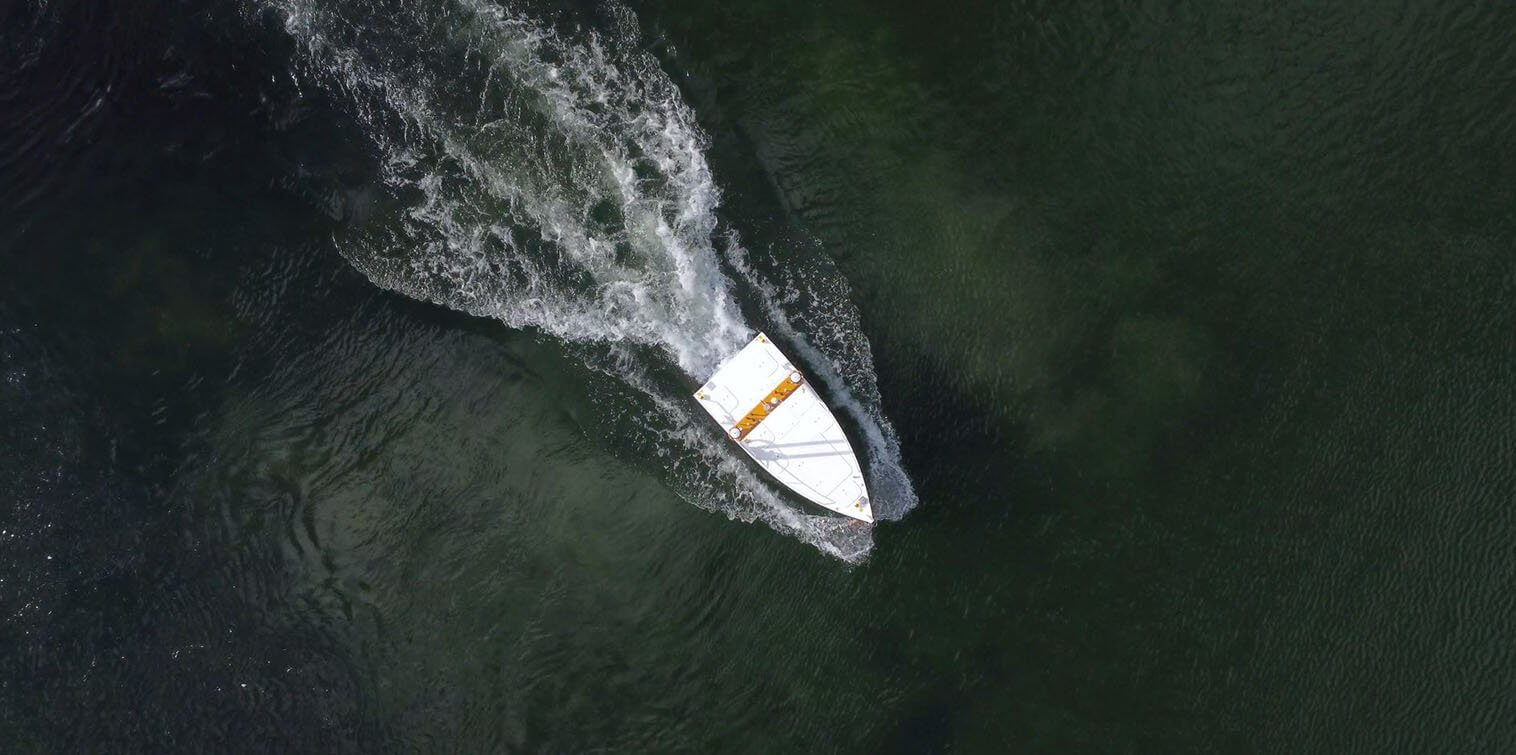Learn more about the regional innovation ecosystem.
One step at a time
Fedor is keen to get across that the flexibility and scalability of their platforms opens the door to a range of crossovers to other maritime applications. The knowledge and expertise involving digital 3D world modelling with perception sensor systems also applies to automation aboard larger manned vessels such as dredgers, for example. In other words, it creates opportunities for improved competitive advantages for the entire regional maritime cluster, while also working towards a more sustainable society.
Autonomous systems are evolving at breakneck speed. Fedor is an advocate of taking one step at a time with a modular approach, of course in close cooperation with all those involved. The trick is to focus on understanding and automating individual processes, working gradually towards full automation.
Fedor notes that clients, suppliers and authorities in the Rotterdam region are not simply involved, but are also committed to making autonomous shipping a reality. Besides the need for being close to the market and a superb maritime innovation ecosystem, he also believes that cooperative and accessible authorities like the Port of Rotterdam Authority and Rijkswaterstaat are essential. Fortunately a good dialogue exists with the authorities, to work towards the required and unique regulatory framework.
Appealing to the imagination
Fedor believes that developments in autonomous shipping appeal to many people’s imaginations. They offer a glimpse into the future. Among these are the impact of electrification on creating healthy and sustainable living and working environments. Or making valuable contributions to help in resolving increasingly tight labour market conditions. Not forgetting improved safety by limiting the chance for human error. In short, it’s safe to say that autonomous shipping in the Rotterdam region is far beyond being just a sci-fi dream; it’s actually happening.
 Credit: DEMCON Unmanned Systems
Credit: DEMCON Unmanned Systems